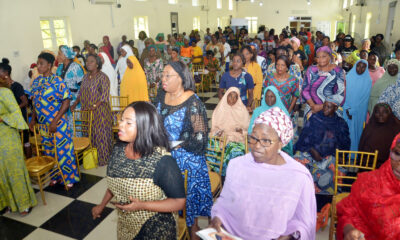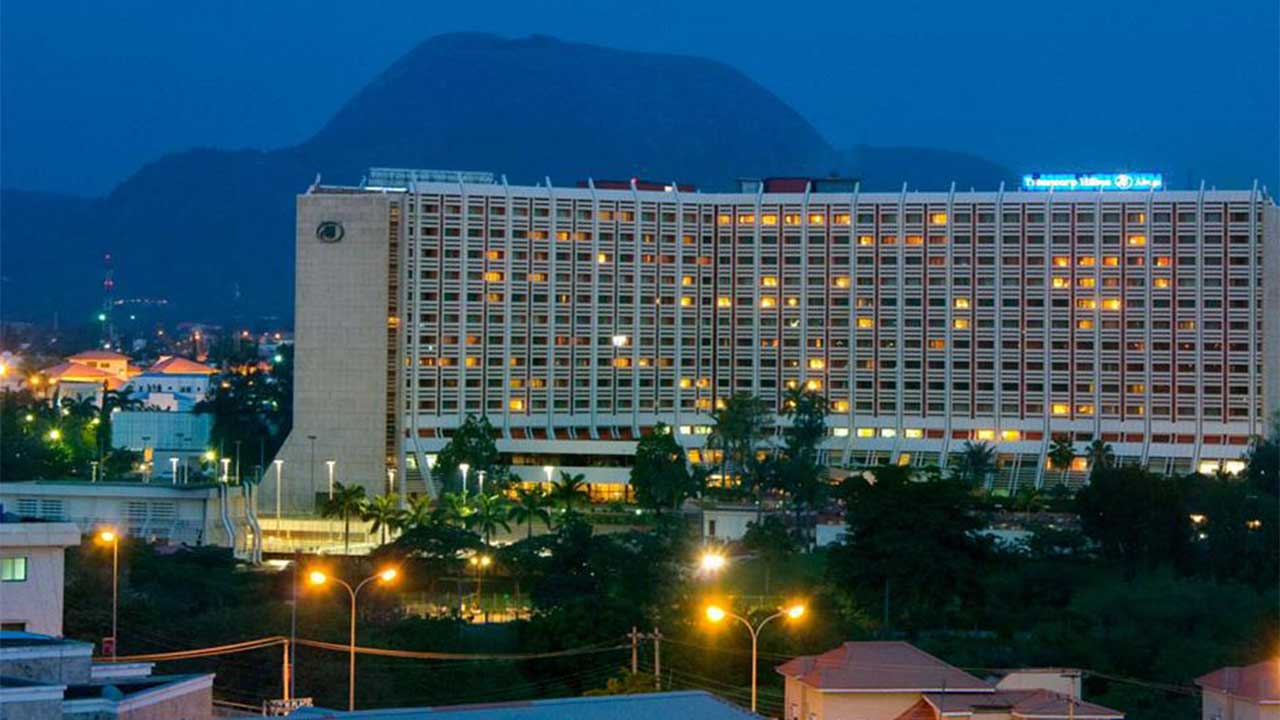- Gap Between Tier 1, Tier 2 Banks Widens
The divide between the haves and the have-nots among Nigerian banks is widening, according to a report by Bloomberg.
The country’s biggest lender is so flush with cash it plans to repay $400 million of bonds when they become due in November 2018 rather than issuing additional debt, while the next two largest banks sold international bonds for the first time since 2014. At the other end of the scale, smaller lenders are scrapping plans to raise dollar loans and struggling to find investors to raise capital.
Top-tier banks in Africa’s most-populous nation and biggest oil producer are rallying after the central bank in April opened a foreign-exchange trading window, easing a crippling currency shortage that contributed to the worst economic contraction in 25 years. Smaller banks are lagging behind as they battle rising levels of non-performing loans and capital buffers near regulatory minimums.
“The gap between the Tier 1 and Tier 2 banks has been widening in profitability and balance-sheet size,” an analyst at Afrinvest West Africa Limited, OmotolaAbimbola said
“In the next one or two years we will probably see the trend extending further.”
United Bank for Africa Plc, the third-biggest lender by market value, raised $500 million in its first Eurobond sale on June 1 at yields below initial guidance. This followed an equivalent issue a week earlier by Zenith Bank Plc in a deal that was four times oversubscribed. Guaranty Trust Bank Plc said this month it has no plans to sell Eurobonds because it’s setting aside funds to repay existing debt.
By contrast, small- and mid-sized lenders like WemaBank Plc dropped plans last month to raise dollar loans to rather sell naira debt locally in smaller tranches. Unity Bank Plc has been in talks with investors since October, while Diamond Bank Plc has started negotiations to issue debt, the report added.
“We view the Tier 2 banks as potentially challenged,” Exotix Partners LLP analysts Jumai Mohammed and Ronak Gadhia said in a note last month. The lenders seem unable “to weather asset-quality deterioration storms.”
Still, the five-year dollar bonds didn’t come cheap. Lagos-based United Bank for Africa settled on a coupon, or interest paid twice annually, of 7.75 percent. That’s the highest of at least 10 sales of $500 million by emerging-market banks this year from Turkey, Kuwait, Bahrain, South Korea and China. Zenith will pay 7.375 percent, compared with 6.25 percent on five-year notes sold in April 2014.
Even so, more lenders will issue Eurobonds because they need dollars to offer loans in the U.S. currency or to repay debt, an analyst at Vetiva Capital Management Limited, Lekan Olabode said.
Ecobank Transnational Incorporated, based in Lome, Togo, plans to sell a $400 million, five-year convertible bond this month to refinance debt and provide short-term bridge funding for non-performing loans at its Nigerian unit.
Fidelity Bank Plc will decide in the third quarter whether to refinance $300 million of bonds due in May next year or issue new debt after seeing yields on the securities drop and strong demand from investors for Zenith and UBA’s notes, its Chief Operations Officer Gbolahan Joshua said.
“Big banks have a pricing advantage,” said Vetiva’sOlabode. “That makes a big difference in size and capacity to do business.”


 Forex2 weeks ago
Forex2 weeks ago


 Naira2 weeks ago
Naira2 weeks ago
 Billionaire Watch2 weeks ago
Billionaire Watch2 weeks ago




 Naira2 weeks ago
Naira2 weeks ago




 Naira2 weeks ago
Naira2 weeks ago




 Naira4 weeks ago
Naira4 weeks ago


 Naira6 days ago
Naira6 days ago
 Banking Sector4 weeks ago
Banking Sector4 weeks ago





















